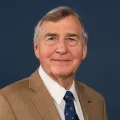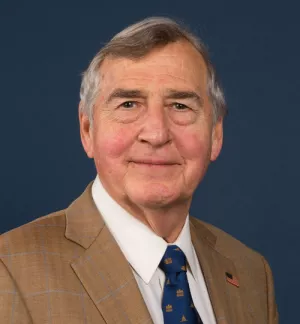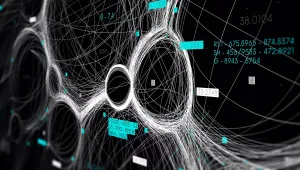The pain on President Bush’s face when he announced the resignation of CIA Director George Tenet was evident. Could it have reflected his sense that this was a dangerous precedent for his administration?
At his last prime time press conference, Bush professed to be unable to identify a single mistake he had made. Thus, an ethic of responsibility in which Cabinet officers stand up, take responsibility, and hold themselves accountable for failures of their agencies and departments could be bad news. It would certainly mean that Tenet’s resignation will be the first, not the last, from the Bush national security team.
Director Tenet must be thanked for many years of dedicated public service. But he has also been at the helm of an agency that has failed the nation gravely and repeatedly. If he were the captain of a ship in the U.S. Navy, or the chief executive of a major corporation with a responsible board of directors, he would have been relieved of duty earlier. The failure to take actions that might have prevented 9/11, and Tenet’s personal assurance to the president that he had “slam dunk” certainty about chemical and biological weapons stockpiles in Iraq, are dramatic, but unfortunately not isolated, examples of unacceptable performance.
Tenet’s decision to step down at this time reflected anticipation of upcoming reports that promise stinging criticism of his agency’s record. A report from the Senate Intelligence Committee outlining CIA failures and mistakes will be declassified and released to the public this month. The 9/11 Commission’s final report, due in late July, will provide a diagnosis not only of individual failures, but of systemic dysfunctions at the agency. With lightning on the horizon, why be a lightning rod? Tenet’s deputy for clandestine operations, James Pavitt, apparently made the same calculation and has also announced his plans to resign.
In an attempt to shield itself from this barrage of criticism, the Bush administration will announce a major reorganization of the intelligence community. According to the rules of Washington politics, when you are losing on one chessboard, move to another. This initiative will likely include a new Director of National Intelligence with responsibility for all 15 agencies in the intelligence community. But since this reorganization will require Congressional action, debate about it will continue through the November 2nd election and into the new year. In the meantime, the agency will likely be led by Deputy CIA Director John McLaughlin, an able CIA veteran.
Now that George Tenet has raised the issue of accountability, President Bush should reflect on his predecessors in the Oval Office, Democrat and Republican. Historically, the man at the top has faced up to his own responsibility for his administration’s mistakes and failures. After the 1961 Bay of Pigs fiasco in which the CIA clumsily failed to topple the Castro regime in Cuba, John F. Kennedy personally took “sole responsibility” for the event: “There’s an old saying that victory has a hundred fathers and defeat is an orphan,” he observed, but “I am the responsible officer of the government.” Ronald Reagan demonstrated similar political courage after the 1983 terrorist attack that killed 241 Marines in Lebanon, noting that: “If there is to be blame, it properly rests here in this office and with this president. And I accept responsibility for the bad as well as the good.”
In contrast to Kennedy’s and Reagan’s refusal to pass the buck, even in the face of embarrassing failures, consider President Bush’s response when asked by a reporter whether he has made any mistakes: “Hmmm. I wish you’d have given me this written question ahead of time so I could plan for it…I hope, I don’t want to sound like I’ve made no mistakes. I’m confident I have. I just haven’t - you just put me under the spot here and maybe I’m not quick - as quick on my feet as I should be in coming up with one.”
In hesitating to identify a single mistake committed by himself or his administration, President Bush has ignored the very principle of leadership he declared when speaking about the Enron collapse. In July 2002, he said: “The burden of leadership rightly belongs to the chief executive officer. CEOs set the ethical direction for their companies. They set a moral tone by…their willingness to be held accountable for their actions.” In keeping with this principle, it is time for the president to follow Tenet’s precedent and take a page from Harry Truman, whose Oval Office desk featured a prominent sign that read: “The Buck Stops Here.”
Graham Allison is Director of the Belfer Center for Science and International Affairs at Harvard University’s Kennedy School of Government.
Allison, Graham. “Is Tenet Where the Buck Stops?.” The Boston Globe, June 8, 2004





